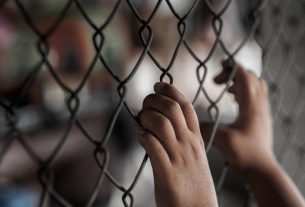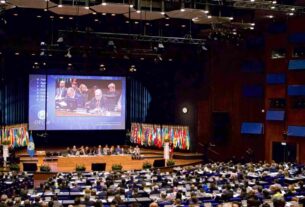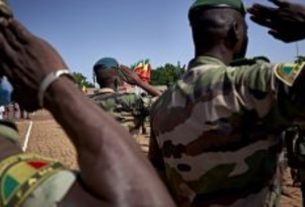The International Committee of the Red Cross (ICRC) has issued an urgent appeal for a ceasefire and greater protection of civilians in Gaza following Israeli airstrikes that killed two of its employees on May 24.
In a statement released Sunday, the ICRC confirmed the deaths of Ibrahim Eid, a weapon contamination officer, and Ahmad Abu Hilal, a security guard stationed at the Red Cross Field Hospital in Rafah. The organization reiterated its longstanding call for the protection of civilians and humanitarian personnel, stating that such attacks severely undermine its ability to operate safely in conflict zones.
“The deaths of our colleagues are a stark reminder of the grave dangers facing humanitarian workers in Gaza,” the ICRC said, emphasizing the need to respect international humanitarian law.
Under the Geneva Conventions, all parties to an armed conflict are required to distinguish at all times between civilian populations and combatants. Article 48 of Additional Protocol I to the Conventions underscores the principle of distinction, mandating that military operations be directed only against legitimate military targets. Additionally, Article 18 of the Fourth Geneva Convention provides explicit protections for the work of humanitarian organizations, requiring parties to a conflict to safeguard civilian hospitals and personnel and ensure that such facilities are clearly marked and visible to all combatants.
The ICRC established its field hospital in Rafah in May 2024 in response to the deteriorating humanitarian situation in Gaza. The facility was designed to provide emergency healthcare to approximately 200 patients daily.
This is not the first incident involving Red Cross infrastructure in Gaza. In March 2024, an Israeli Defense Forces (IDF) airstrike struck a Red Cross building in the enclave. While no casualties were reported and the IDF attributed the attack to a misidentification error, the ICRC condemned the strike, citing significant disruption to its humanitarian operations.
The organization reiterated that attacks on humanitarian personnel and facilities—even if unintentional—have devastating consequences for civilians relying on lifesaving aid. It called on all parties to the conflict to adhere strictly to international legal obligations and take immediate steps to protect humanitarian workers and infrastructure.
Excerpts sourced from a JURIST article by Bekim Bruka, JURIST Staff, U.S.



